Yoga is a physical, mental, and spiritual practice that originated in ancient India. It has been shown to have numerous health benefits.
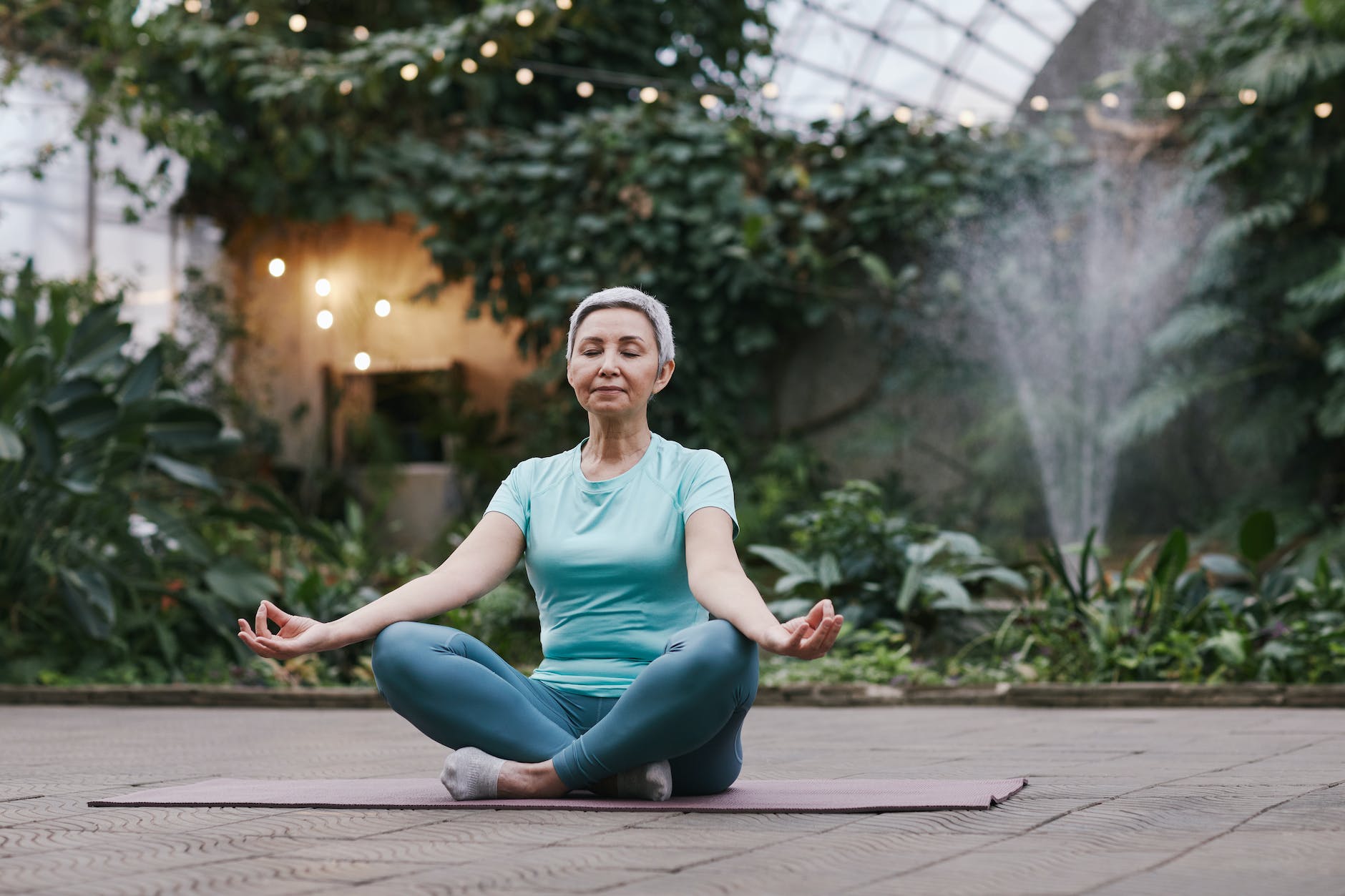
Here are some of the benefits of yoga that have been supported by scientific research:
- Improves Flexibility. Yoga Improves range of motion Working on flexibility with yoga postures improves the range of motion of joints. They also help keep the muscles around the joints strong and flexible. As a result, the body experiences greater movement and better physical performance.
- Builds Strength. Yoga is great for improving strength and physical function because it increases muscle and bone mass. like any other fitness exercises yoga! challenges the muscles and bones to stimulates strength improvements and growth over time. Yoga entails stretch training which contributes to muscle growth.
- Increases Muscle Tone. Yoga is one of the best forms of nonaerobic exercise that can help improve muscle tone, flexibility, and balance. yoga increases muscle tone through pose modification, and modifying the poses to increase the intensity this will Couse your muscles to strengthen because you are initially using your own body as the wight. Various styles of yoga can be effective for building muscle, and moving more energetically through poses leads to more calories and fat burned, which means more visibility of those muscles.
- Improves Balance. yoga is a great way to improve balance. According to a Harvard health article. yoga helps to strengthen and stretch the muscles that are essential for balance. The article also mentions that yoga poses challenge both static and dynamic balance, which are the ability to stand in one spot without swaying and the ability to anticipate and react to changes as you move, respectively.
- Supports Joint Health. Yoga is a practice that has been around for over 5,000 years and has been shown to have many physical and mental health benefits. One of the benefits of yoga is that it can help improve joint health. yoga can help reduce joint pain, improve joint flexibility and function, and lower stress and tension to promote better sleep. Yoga can be especially beneficial for people with arthritis.
- Prevents Back Pain. Yoga is a mind-body therapy that’s often recommend to treat not only back pain but also the stress that accompanies it. The appropriate poses can relax and strengthen your body. Practicing yoga for even a few minutes a day can help you gain more awareness of your body. This will help you notice where you’re holding tension and where you have imbalances. you can use this awareness to bring yourself into balance and alignment. Yoga can be especially helpful to the muscles that supports the back and the spine, such as the paraspinal muscles that help you bend your spine, the multifidus muscles that stabilize your vertebrae, and the transverse abdominis in the abdomen, which also helps stabilize your spine.
- Teaches Better Breathing. Yoga is a practice that involves working with the mind, body, and breath to calm the fluctuations of the mind. Yogic breathing, or pranayama, refers to conscious and controlled breathing that matches the rhythm of yoga postures. many who practice yoga believe that the breath contains the body’s life force, or prana, and that working with it can improve health and well-being. Research shows a range of health benefits to the practice of yogic breathing. For example, a 2020 study systematically reviewed 18 controlled trials on pranayama and found evidence that it has significant benefits for people with respiratory illnesses. For instance, people with chronic obstructive pulmonary disease (COPD) showed improvements in their symptoms and the impact of the disease. The researchers also found evidence of a significant benefits to the circulatory and respiratory systems of people with asthma.
- Fosters Mental Calmness. Yoga is a form of exercise that emphasizes breathing practices and meditation, both of which help calm and center the mind. It is believed to have numerous mental benefits, such as reduced anxiety and depression, improved cognitive skills and betters the mood. Yoga also reduces the secretion of cortisol (primary stress hormone) which reduces stress and promotes relaxation. It is a powerful way to keep stress in check. In addition to these benefits, yoga has been found to help with post-traumatic stress disorder (PTSD). It is not used by itself, but as an add-on treatment to help reduce intrusive memories and emotional arousal and to produce calmer, steadier breathing The link is for the Harvard medical publishing.
- Reduces Stress. Yoga encourages mental and physical relaxation, which helps reduce stress and anxiety. The physical postures promote flexibility, relieve tension, and alleviate pain. Yoga poses may help you release physical blockages like muscle knots, helping release emotions and tensions. In addition to physical postures, your yoga routine should include breathing, meditation, and relaxation techniques like yoga nidra! Breathing exercises, known as pranayama in Sanskrit, teach you to relax, regulate your breath, and breathe deeply. This helps reduce stress and calm your body and mind. Breathing techniques also enhances your sleep quality and encourage mindfulness.
- Increases Self Confidence. Yoga is a practice that can help increase self-confidence by promoting self-awareness and self-acceptance. According to an article on yoga journal, a body-mindful yoga practice can help you tune in to your self-talk and use self-affirming language to change your brain, uplift your mood, and ultimately improve your sense of self. Overall yoga is a holistic practice that can help you cultivate a positive relationship with yourself and increase your sense of self-worth.
Great quality yoga mat. Absolutely recommend this! Excellent service and overall great experience. Thanks
Error: Contact form not found.
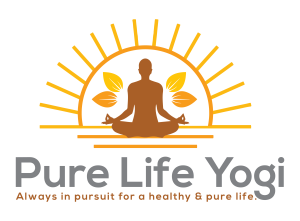
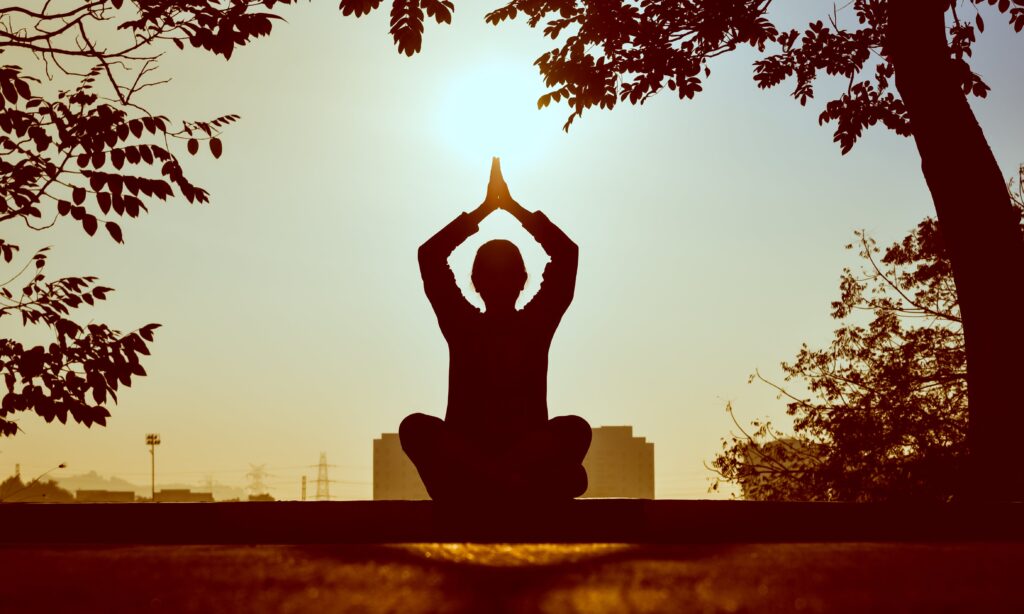

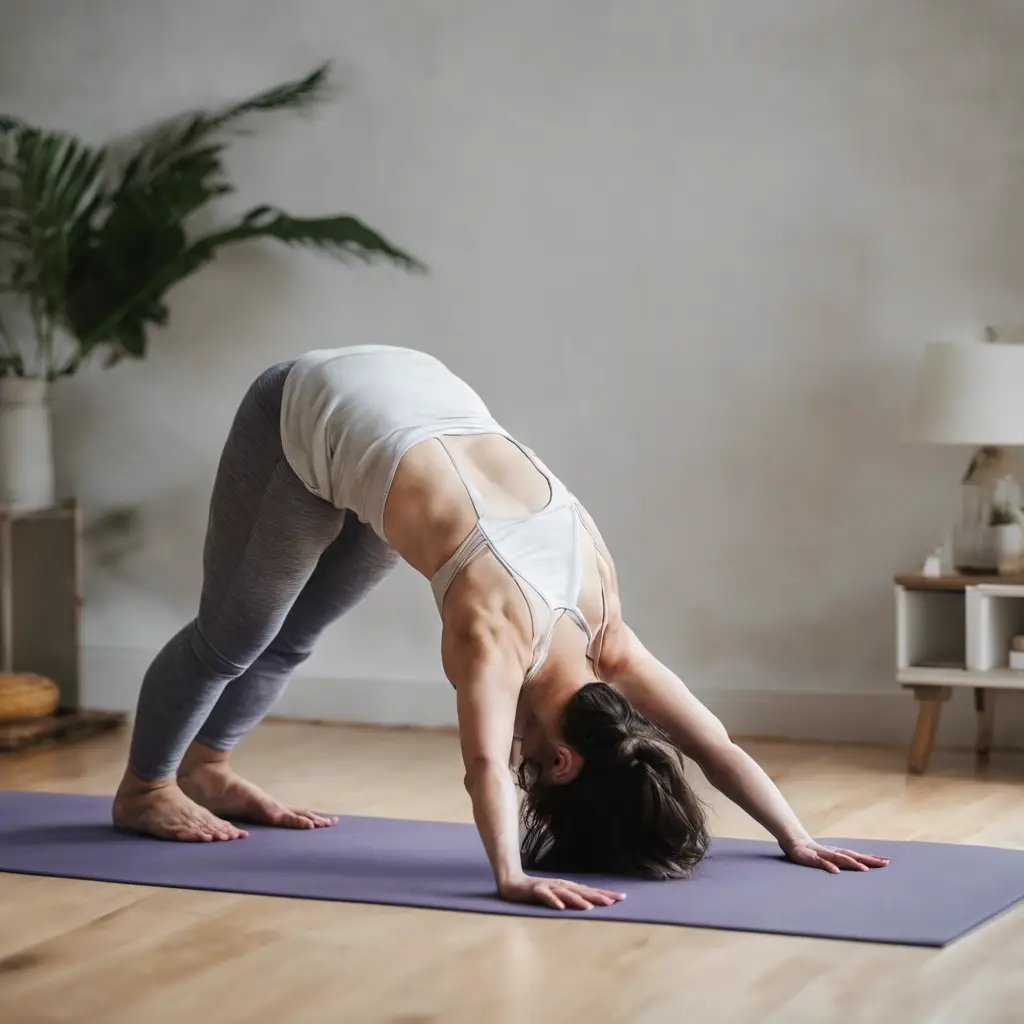
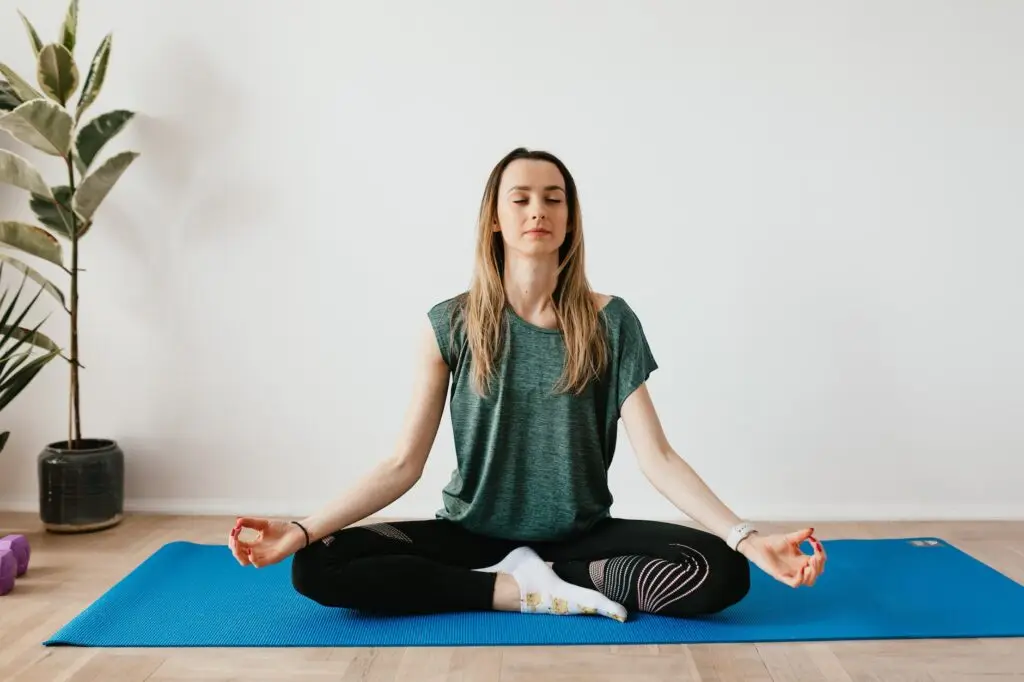

Leave a Reply